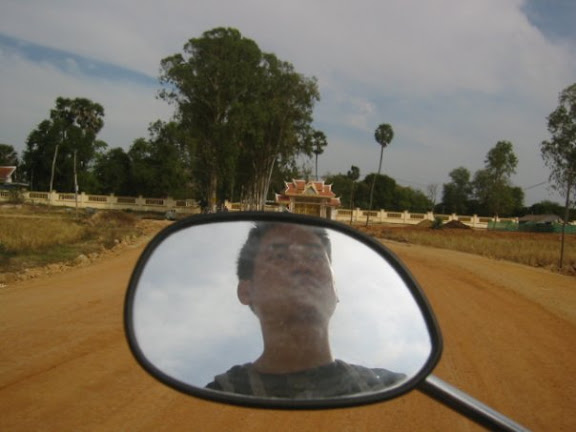When you criticize someone, do you do it out of love for them? Or is it tinged with resentment, dislike, or even hatred?
I've been noticing these days that anti-Chinese sentiment has been particularly strong. Is it really because the West is expressing their concern and compassion for the Darfur region and for Tibet? Just take a look at these quotes I've taken from a recent article about Tibetan-Han relations...it sounds strikingly similar to black white relations in the US. But would you ever hear criticism spoken so non-hesitatingly in the US against racism? Of course...for example in the preachings of Obama's Pastor Wright. But white Americans, just as Han Chinese do, get defensive at these criticisms. Furthermore, while the media condemned both the rioters and the police in the LA riots, was the US as a whole condemned like China is currently being condemned?
It seems to me that criticism against others cannot be truly genuine unless we ourselves have demonstrated that we are critical of ourselves. Here are the quotes from the NY Times article. Replace "Han" with "white" and "Tibetan" with "black" (or in some instances Native American are more appropriate) and see what happens...
“Look at the walls of our temple, they have all gone grimy with the smoke that pollutes our air,” said a 40-year-old Buddhist peasant named Caidan. The big factory, said a man sitting next to him, benefits only members of the Han Chinese majority.
“Tibetans get the low-income and the hard-labor jobs,” the man said. The Han, he said, “are all paid as technicians, even though some of them really don’t know anything.”
Tibetans live in closer proximity than ever with the Han, who have flooded in with a wave of state-driven investment. But they occupy separate worlds. Relations between the two groups are typically marked by stark disdain or distrust, by stereotyping and prejudice and, among Tibetans, by deep feelings of subjugation, repression and fear.
There is no legalized ethnic discrimination in China, but privilege and power are overwhelmingly the preserve of the Han, while Tibetans live largely confined to segregated urban ghettos and poor villages in their own ancestral lands.
“Our government has wasted our money in helping those white-eyed wolves,” Wang Zhongyong, a Han manager of handicraft shops, said in an interview in Lhasa. Mr. Wang’s shops sell Tibetan-themed trinkets to tourists. One of his shops was smashed and burned in the riots. “Just think of how much we’ve invested in relief funds for monks and for unemployed Tibetans,” he said. “Is this what we deserve?”
The relationship between Han and Tibetan is irreconcilable,” said Yuan Qinghai, a Lhasa taxi driver, in an interview. “We don’t have a good impression of them, as they are lazy and they hate us, for, as they say, taking away what belongs to them."
Subscribe to:
Post Comments (Atom)

 This blog is in meditative retreat until it can return to live a more meaningful life. Come back to visit at the end of the year (2008)
This blog is in meditative retreat until it can return to live a more meaningful life. Come back to visit at the end of the year (2008)
No comments:
Post a Comment